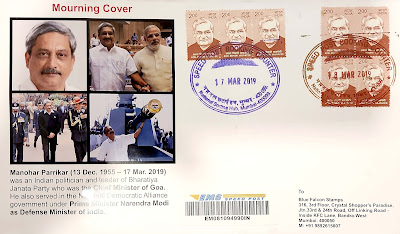Lord Canning, whose full name was Charles John Canning, was a British statesman and the first Viceroy of India during the critical period of the Indian Rebellion of 1857. Here are some key points about Lord Canning:
Birth and Early Life: Charles John Canning was born on 14 December 1812, in London, England. He came from a prominent political family, and his father was George Canning, a British statesman and Prime Minister.
Political Career: Lord Canning entered politics and served as Under-Secretary of State for Foreign Affairs and Governor-General of India.
Viceroy of India: Lord Canning became the first Viceroy of India in 1856, succeeding Lord Dalhousie. His term coincided with a tumultuous period in Indian history, marked by the Indian Rebellion of 1857, also known as the Sepoy Mutiny or the First War of Indian Independence.
Indian Rebellion of 1857: The outbreak of the Indian Rebellion in 1857 posed a significant challenge to British rule in India. Canning faced the difficult task of suppressing the rebellion and restoring order. His decisions during this time were criticized by some, but he also took steps to address the grievances that had contributed to the uprising.
Policy of Mercy: Despite the severity of the rebellion, Canning advocated a policy of clemency and mercy toward the rebels who surrendered. He sought to avoid excessive retribution and encouraged a more conciliatory approach.
Abolition of the East India Company: Lord Canning's tenure saw the formal end of the rule of the East India Company. In 1858, the Government of India Act was passed, and control of India was transferred from the East India Company to the British Crown.
Later Career: After his term as Viceroy, Canning returned to England. He continued his political career and served as the British Foreign Secretary. He was created Earl Canning in 1859.
Death: Lord Canning died on 17 June 1862, at the age of 49.
Lord Canning's role during the Indian Rebellion of 1857 and his policy decisions have been the subject of historical analysis and debate. His emphasis on clemency and the eventual transfer of power from the East India Company to the British Crown were significant developments in the history of British rule in India.
Reference: https://retrievia.wordpress.com/2008/04/14/page-19-2/






.webp)



